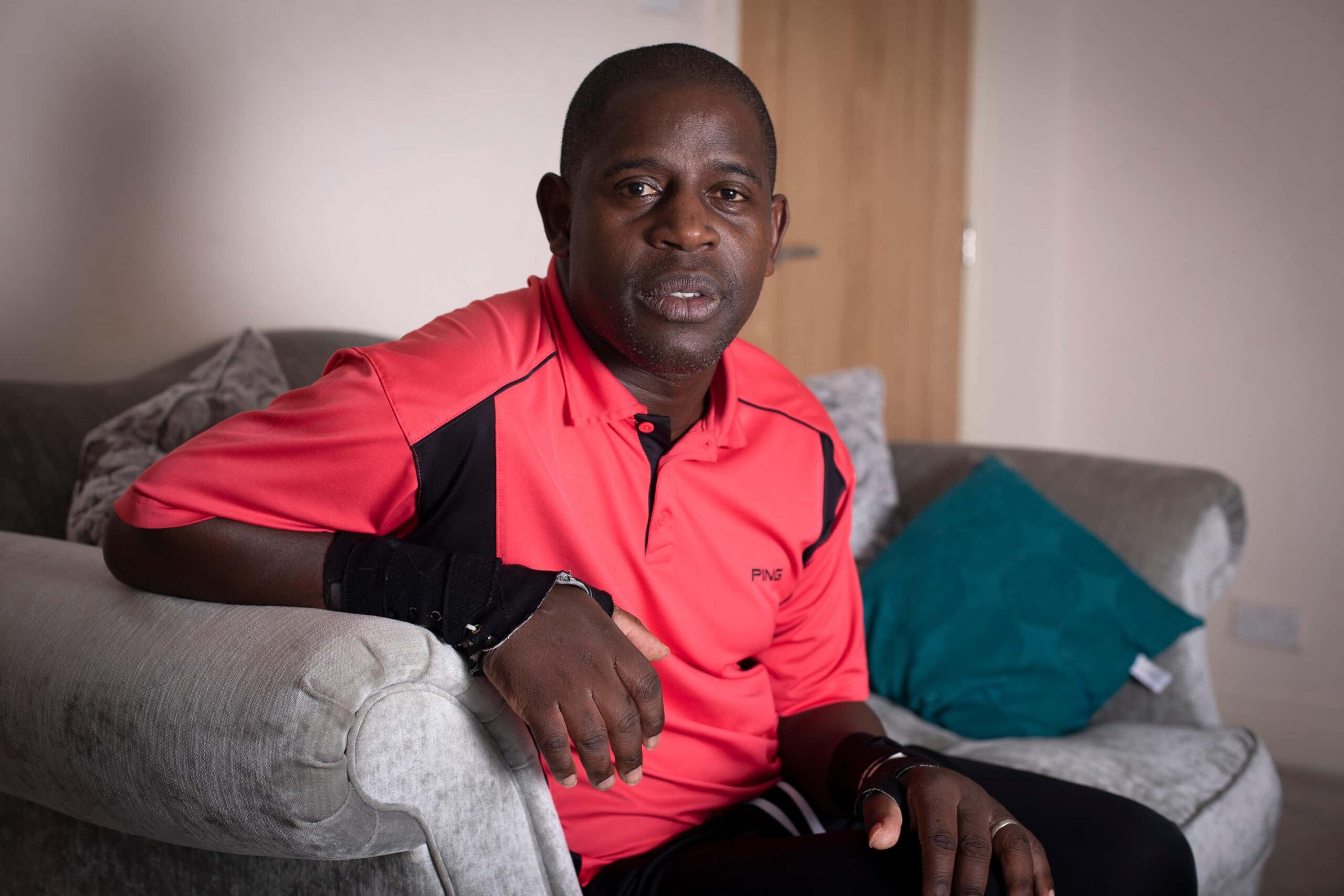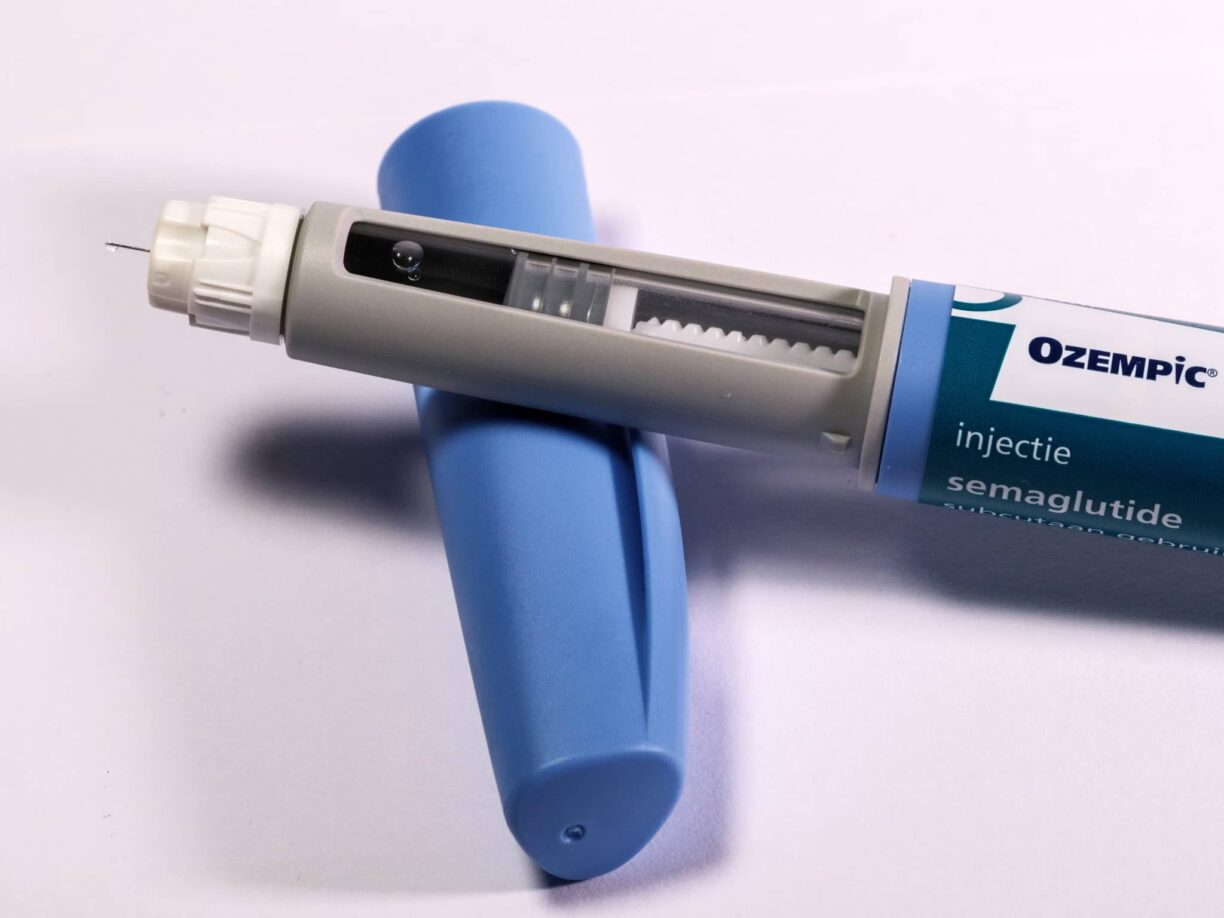Remember the ‘Ice Bucket Challenge’, which saw celebrities being doused with freezing cold want to raise awareness around ALS (amyotrophic lateral sclerosis), a type of motor neurone disease?
Now there’s a new chilly challenge on the scene. The #IceFoot92 challenge involves immersing your feet in icy water for 92 seconds. It was launched by former professional footballer Len Johnrose to raise money and awareness for the Motor Neurone Disease Association (MNDA).
Remember the ‘Ice Bucket Challenge’, which saw celebrities being doused with freezing cold want to raise awareness around ALS (amyotrophic lateral sclerosis), a type of motor neurone disease?
Now there’s a new chilly challenge on the scene. The #IceFoot92 challenge involves immersing your feet in icy water for 92 seconds. It was launched by former professional footballer Len Johnrose to raise money and awareness for the Motor Neurone Disease Association (MNDA).
Johnrose, who was diagnosed with the condition in 2017, wants all 92 football clubs and their fans across England’s top four divisions and Wales to take part.
The challenge was chosen because people with MND – which is life-shortening and for which there is no cure – often have numbness in their feet, hands and limbs.
What is motor neurone disease?
Motor neurone disease is “a progressive neurological condition where motor neurones, which are cells within the spinal cord and brain, stop working effectively,” says Keith Crowhurst, director of care at British Home, the charity that supports people living with neuro-disability.
“There is no known cause, although there are links to certain environmental factors such as exposure to pesticides, military service and high levels of exercise. There is some evidence of family links in around 1 in 10 cases.”
MND can affect all genders but had a slightly higher prevalence in men and is normally diagnosed in people over the age of 40.
According the to the MND Association, on average 5000 people have it at any time in the UK.
“It affects most aspects of people’s lives and at the moment there is no cure,” Crowhurst says, but he adds: “There is always hope to live a dignified, positive life as someone affected by a neurological condition, and a strong community of families, carers and charities who will be there if it happens to you.”
What are the main symptoms of MND?
Muscle weakness is usually the first sign of motor neurone disease, Crowhurst says: “Early symptoms include reduced ability to grip properly, general weakness and reducing mobility, and people can find that they drag their feet. Speech can become slurred and swallowing can be more difficult.”
Then, as the disease progresses, these symptoms become more pronounced.
“In the later stages, it often leads to complete loss of mobility, speech, or ability to carry out any physical tasks,” he continues. “Cognitive ability does not tend to be affected but people without support can find it hard to express their views and wishes.”
If you notice any of these symptoms in yourself or a friend or family member, it’s best to contact your GP as soon as possible.
“The main advice is do not ignore the symptoms,” Crowhurst says. “There is no one test for MND and referral to a neurologist is required and should be pushed for.
“It is really important to try and receive specialist support as soon as possible due to the aggressive nature of the condition.”





